 An artist must have education, not only in knowing and interpreting his instrument or his voice, it is also necessary that he learns to know his technical team.
An artist must have education, not only in knowing and interpreting his instrument or his voice, it is also necessary that he learns to know his technical team.
By Juan Tamayo*
In the first half of the year there are major fairs for the music industry, Namm in Anaheim, United States, and SoundCheck Expo in Mexico City. Both I have visited as an engineer for Audio-Technica. Fortunately, I had the opportunity to dialogue with musicians, producers, DJ's among other actors in the industry and I have come to the conclusion, with their help, that the medium requires that the main actor in the production chain of live events (which for me are the musicians, because I go to a concert to see a band) is trained and, if possible, be certified.
Within a show there is initially a contact between the entrepreneur and the artist or his representative. The artist demands technical conditions known as technical rider, a pre-production work if required, until reaching the production of the event. But what if this rider requested by the artist is not what is technically convenient for him? Or if what you ask for is above what your show requires? Or do you just send a technical rider without evaluating the necessary conditions of the space or place?
Let's say that the rider was the ideal, but when the artist stands on stage he does not know his microphone system, he does not know how to take a microphone to sing, among many other situations that surely the engineers in monitors and room will know more than me.
The importance of education in the artist not only requires knowing and interpreting his instrument or his voice, it is also necessary that he learns to know his technical team, that he finds the benefits of a good microphone, that he knows how to exploit to the maximum. Knowing the differences between sound systems is not the same to amplify on an outdoor stage than in a bar. That you know how to select your needs very well and generate a good technical rider.
I hope to be able to deliver in this article some recommendations that I have taken from design books, articles from colleagues and personal experiences. Here are the five pieces of advice I consider essential:
1. A good artist should have several installation options in a rider's technical specifications. For example, if the show is of a stadium-like size, it will require a sound system of a very large power; but if it's a small coliseum, the components of your sound system won't be that big. If the artist travels with their full band or with a fraction of it, they will require different areas on stages.
2. The audio and control elements that will be used on and off stage are important. If possible, they should have at least two console options and that room engineers and monitors are skilled in handling them. Specify very well the peripherals they require and very important, inform which peripherals are their own and what are the electrical and audio needs they require. The lack of an electrical outlet can cause assembly to be delayed.
3. Informing how the location of the musicians and instruments is vital for a healthy coexistence on stage. The artist or band must deliver, as far as possible, the stage plot or stage configuration so that the rental company or backline knows how to locate each of the components. A bad location of an element or a cable installed where it should not be, can cause an incident or accident that will harm the show.
4. The artist must know very well how is the relationship between the monitor system and his microphone, in which the microphone is the one that generates more problem to which it can be concluded that the artist should not ask in his rider for a specific microphone, he must carry his own microphone, know this perfectly and inform the production in his rider what is the microphone he is going to use and how it should be installed next to your instrument. As a musician, years are invested in preparation and everything can be thrown away because you do not know well the microphone that is going to be used.
5. If an artist is going to use several electronic elements, such as synthesizers or vinyl turntables, it is important that the musician has control of the audio signals so that the mixing engineer is not guessing when to allow the audio output of a channel. It is very important that the artist calibrates his turntable very well, because these, being mobile physical elements, can suffer variations that will significantly impair audio reproduction, even when they are digital connections.
The big bands already have all this information and it is usually controlled by the different managers. But if you are an artist or band that is in the process of formation, I advise you to learn a little technical audio topics, so you can generate a better experience at the time of show, which is what anyone wants, to be able to enjoy a good artist.
And it is important that from the companies that manufacture or distribute audio equipment, we teach the technique to our customers, they will appreciate it.
I want to take advantage of the article to give a well-deserved recognition to Luis Rosendo Montoya, founder of Almacenes La Cita, which later became Ambientes Inteligentes. Great entrepreneur of the audio world, who turned a small record store into a large audio family. You leave a great business legacy in Colombia, God accompany you on this path you begin. I hope many will take your example as an entrepreneur, father and person, to apply it in their lives. To your family and employees, a very special hug.
*Juan Tamayo is a Sales Engineer for sound installations in Latin America from the company Audio Technica. You can contact him through [email protected] or [email protected]






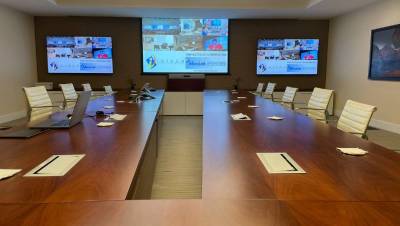
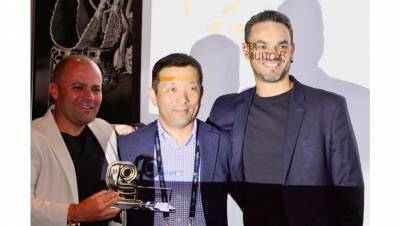
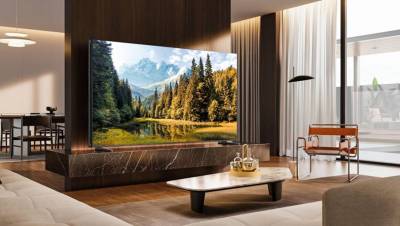
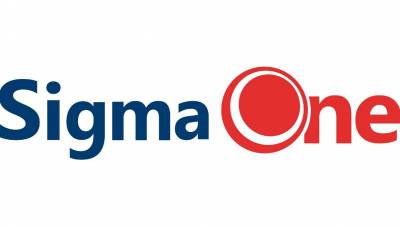

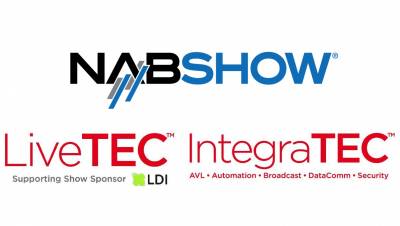
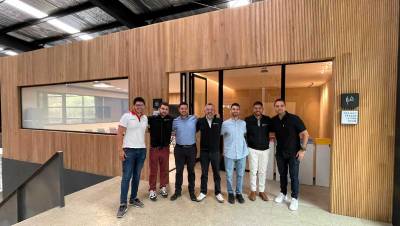



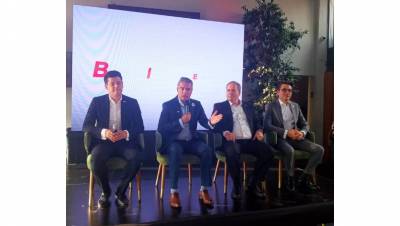









Leave your comment